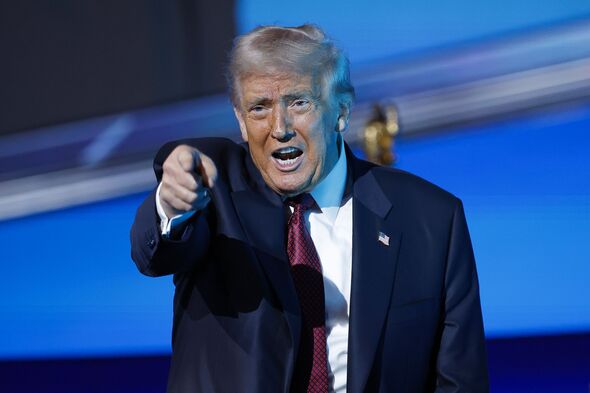
A covert plan for the assassination of Venezuelan President Nicolás Maduro has reportedly been developed, drawing parallels to the U.S. operation that killed Osama bin Laden in 2011. Sources within the White House have indicated that this operation is already “teed up,” as reported by The Daily Mail. The plan comes in the context of longstanding tensions between the United States and Maduro’s government, which has been accused of transforming Venezuela into a hub for drug trafficking and criminal activities.
In 2020, the U.S. Department of Justice charged Maduro with leading a criminal enterprise that collaborates with drug traffickers and terrorist groups. He and his associates are alleged to have embezzled billions from the Venezuelan economy. A separate indictment from prosecutors in New York accused Maduro of conspiring with Colombian rebels and military personnel to inundate the United States with cocaine, using the drug trade as a weapon against the nation, according to information from The Associated Press.
Despite U.S. intelligence assessments that have contested claims of Maduro’s ties to the Tren de Aragua criminal group, the military buildup in the region has raised alarms. The U.S. Navy has positioned an unusual number of vessels near South America, fueling speculation about a potential invasion or a targeted attack on Maduro.
Donald Trump is said to be awaiting authorization for a Special Forces operation that echoes the 2011 SEAL Team Six raid. According to a source familiar with Trump’s strategy, such a plan to eliminate Maduro is in place, and White House officials have not denied its existence. This source ominously remarked, “It’s going to get spicy.”
Congressional Republicans recently voted against legislation intended to limit Trump’s military actions in Venezuela. This decision came amidst Democratic calls for greater oversight of Trump’s aggressive stance toward Maduro. Lawmakers, including prominent Republicans, have expressed the need for more transparency regarding U.S. military operations targeting drug-smuggling vessels in the Caribbean and Pacific Oceans.
Senator Jim Risch, the Republican chair of the Senate Foreign Relations Committee, defended the administration’s actions, stating that Trump has taken necessary steps to protect Americans from lethal narcotics. Since early September, Risch and Defense Secretary Pete Hegseth have claimed that drug-trafficking groups are poised to deliver enough narcotics to harm between 25,000 and 50,000 lives, comparing these threats to the September 11 attacks. The military has executed at least 17 strikes resulting in 69 deaths in the waters off South America, with the toll continuing to rise.
Despite this escalation, Trump’s administration has faced criticism for failing to provide Congress with evidence linking the targeted vessels to drug trafficking or details about the cartels involved. Representative Adam Smith recently highlighted a disturbing lack of transparency, calling for briefings on these military operations.
Trump has justified the military strikes as an essential measure against drug cartels, asserting that the U.S. is engaged in an “armed conflict” with these organizations. He has invoked the same legal rationale used during the Bush administration’s declaration of a war on terrorism following the September 11 attacks. However, the absence of formal congressional approval for such actions has sparked a broader debate about the extent of presidential powers in matters of military engagement.
The president has openly stated that he would bypass Congress when necessary, saying, “we’re just gonna kill people.” His comments followed frustrations over a perceived lack of recognition for his diplomatic efforts. When pressed about the legality of the strikes, Trump responded, “We have legal authority. We’re allowed to do that.”
As tensions rise, the international community watches closely, concerned about the implications of a U.S. military operation in Venezuela. The potential for significant consequences remains high, with the region poised for further instability. As the situation develops, it will be crucial for Congress and the public to remain informed about the administration’s actions and the legal justifications behind them.





